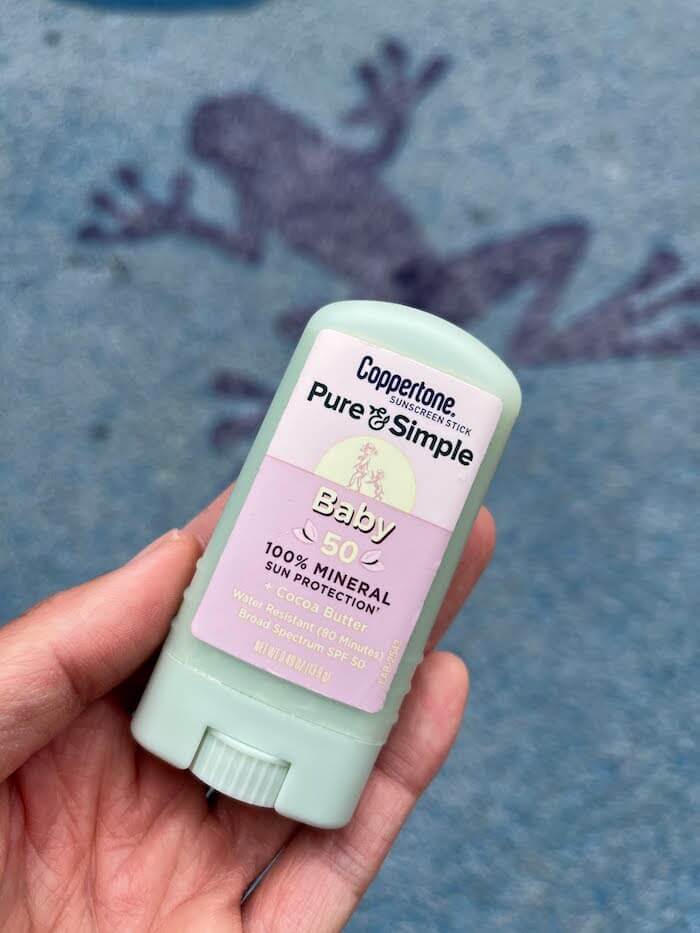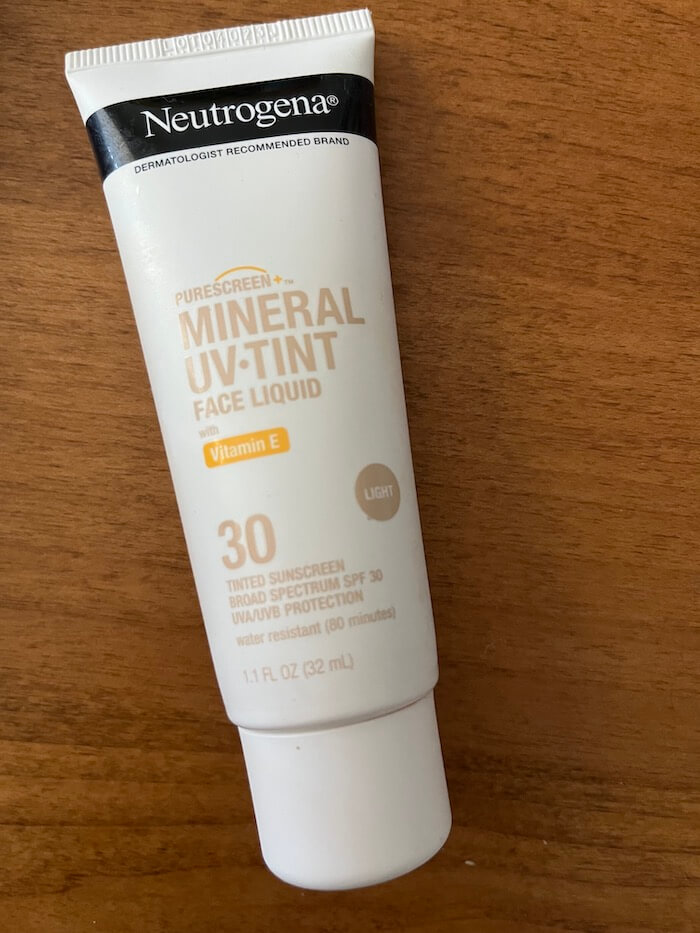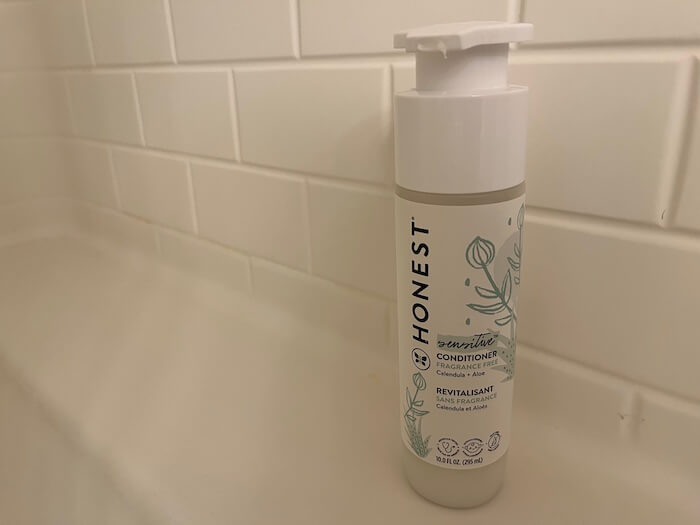How to choose the best shaving products: Should you opt for shaving cream, gel, or foam?
What's the best type of shaving product? And does it make a difference if it's packaged in an aerosol can or a tube?
Recently, I was browsing Brandless’s website—more specifically, the beauty and personal care section. When everything is priced at $3, it all looks dangerously attractive. But don’t forget to price check how much quantity you get for those seemingly low prices—for example, Brandless’s organic cotton rounds are more expensive than my favorite ones from MUJI, on a per-round basis. Brandless bans 400 ingredients from all of its beauty products, including “aerosol sprays” and sulfates, which makes the beauty selection even more intriguing (but also less diverse). For example, this means that company can sell shave gel (in a tube), but not aerosol shave gel.
Brandless Green Tea & Aloe Shave Gel ingredients
This shave gel doesn’t have any sulfates, which means that it needs to foam some other way. The cocamidopropyl betaine in this formula works as a surfactant, or foaming agent, instead of traditional sulfates. This product also includes a number of other moisturizing and skin-soothing ingredients to help ward against razor burn, like tocopherol (vitamin E), aloe, allantoin, and glycerin. It’s also interesting that it contains carrageenan, the seaweed-derived ingredient that also helps thicken foods like almond milk.
This shave gel cannot be packaged as an aerosol, since that is one of the things that Brandless included in its list of banned ingredients. This got me thinking, so I asked my dad about the differences between shaving gel, cream, and foam.
My Dad the Chemist’s review of shave gel vs. shave cream vs. shave foam
So to sum it up:
- shave gels are clear in color and have a thin consistency
- shave foam is a foaming liquid that is the second thickest of the three types of shaving products
- shaving cream is white/opaque and is the thickest (most viscous) of the three.
I also asked him whether the packaging had any impact on the effectiveness of the product, and which of these three types of products he’d recommend.
My Dad the Chemist’s thoughts on the best type of shaving products
Remember all shaving needs to use razor, so the best product needs to provide clean and comfortable shave without irritating or causing cuts or nicks, in addition, the non-aerosol formulas usually will clog the razor (make the razor less effective) and also harder to rinse it off the razor therefore reduces the life of the razor. Love, Dad
My dad used to work for a company that produced a lot of shaving products, but I’m surprised that he still recalls the order of the testing results. It seems that aerosol shave gel, packaged in metal or plastic aerosol form provides the most comfortable experience for consumers. Second place goes to aerosol shave cream, and third place goes to shave foam in an aerosol or pump.
Shave gel packaged in a tube, like Brandless’s shave gel, comes in fourth, followed by non-aerosol shave cream, and then bar soap.
Overall, it looks like consumers tend to prefer shaving products packaged in aerosol form, and these products are also less damaging to your razors. Non-aerosol products tend to clog your razor, which not only reduces the life of the blade, but also results in a less effective shave. If you’re repeatedly shaving the same areas because your razor is getting clogged, your skin will probably get irritated.
tl;dr sage shave advice
If you shave a lot, and you have sensitive skin, and you care about the life of your razor, go with shaving gel or shaving cream packaged in aerosol form. Shave foam may also be ok whether it’s packaged in aerosol or pump form. If you must go with a shave gel, something like Brandless’s shave gel could work well, since it contains soothing ingredients like tocopherol/vitamin E, allantoin, and aloe.




Share this post
RSS
Facebook
Reddit
Email